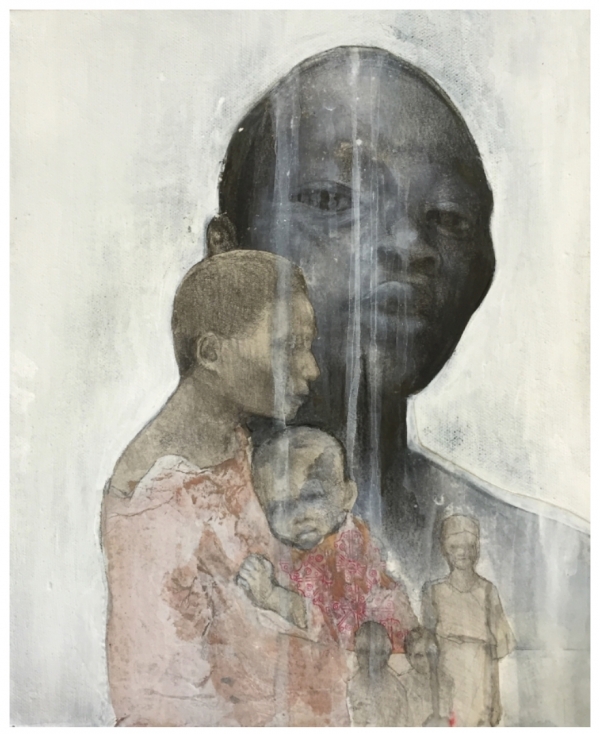Since its independence in 1962, violent armed conflicts have raged through much of Uganda, including a 1971 military coup and 14 insurgencies since Yoweri Museveni’s National Resistance Army/Movement took power in 1986. These conflicts in Northern Uganda have caused wide-scale atrocities, including: murder, abduction, torture, forced displacement, forced recruitment, destruction of property and various forms of sexual and gender-based violations, including rape, sexual slavery and forced marriage. ICTJ’s report “From Rejection to Redress” addresses the severity of sexual and gender-based violations and the repercussions they have to victims and their children.
Both rebels and state actors have committed sexual and gender-based violence during past conflicts. The report estimates between 54,000 to 75,000 people have been abducted by the LRA rebel group since 1986. The study confirms that many females were far likely to not register after returning from abduction for fear of being stigmatized by sexual victimization. A quarter of all women and girls abducted, who were mainly under 18-years of age, were forcibly married to members of the LRA. Half of those abducted gave birth to children in result of sexual violence.
Uganda’s Amnesty Act of 2000 extends immunity from prosecution to all combatants engaged in armed rebellion against the government. Its adoption had led to a lack of accountability that has led to serious problems for victims of sexual-based violence and their children. Mothers and their children are re-victimized by stigmatization, and by being accused of committing and supporting atrocities committed by the very rebel and government forces that abducted them. Girls and women, who were abducted as well as victims of sexual violence, return home to communities that do not support them. They are often shunned, face discrimination and are stripped of their dignity and basic rights. Many women report not being able to hold jobs, not being allowed to return home and are blamed for the atrocities committed by government and rebel forces.
The children of victims of sexual violence also face similar stigmatization in their communities. Without proof of lineage of their fathers, children are unable to obtain land, the main form of wealth in Uganda. Because their mothers were abducted as young girls and women, many mothers lack the education and basic skills needed for jobs. This has led to immense poverty among victims and their children, which in turn makes obtaining an education even harder for these children.
The report urges for the Ugandan government to hold accountable those who have committed sexual and gender-based violence in the hope of ending the stigmatization of the victims. It also calls for immediate programs giving aid and counselling to victims and their children.
To read the full report, visit:
https://www.ictj.org/sites/default/files/ICTJ-Report-Uganda-Children-2015.pdf







